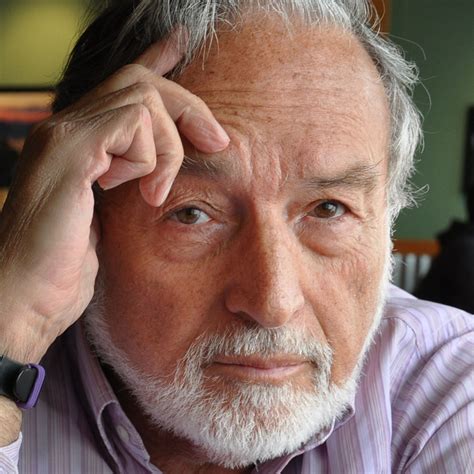A Quote by Clayton Christensen
Often they [writers on the study of management] have a point of view based upon intuition and experience. They then offer a cadence of two-paragraph examples carefully selected to "prove" their theory, and then they write "one size fits all" books. The message is, "If you'd do what these companies did, you'd be successful too."
Related Quotes
Those experienced in work must take up the study of theory and must read seriously; only then will they be able to systematize and synthesize their experience and raise it to the level of theory, only then will they not mistake their partial experience for universal truth and not commit empiricist errors.
But every point of view is a point of blindness: it incapacitates us for every other point of view. From a certain point of view, the room in which I write has no door. I turn around. Now I see the door, but the room has no window. I look up. From this point of view, the room has no floor. I look down; it has no ceiling. By avoiding particular points of view we are able to have an intuition of the whole. The ideal for a Christian is to become holy, a word which derives from “whole.
There are two books that I often travel with; one is 'The Theory on Moral Sentiments' by Adam Smith. The other is 'The Meditations.' It's not that I agree with either views expressed in the books, but I believe ideas and thoughts of older generations can offer food for thought for the current generation.

































